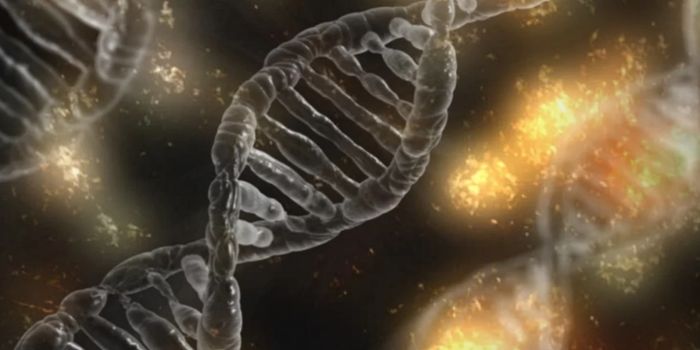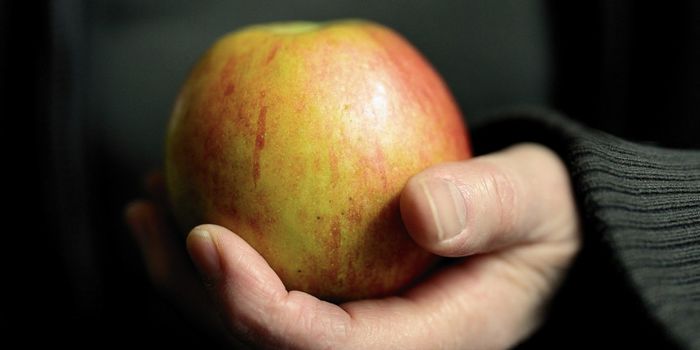Plant-based chemotherapeutic agents
A systematic review published in Discover Oncology explores the anticancer efficacy of medicinal plant extracts in treating Oral Squamous Cell Carcinoma (OSCC), a common and aggressive form of head and neck cancer. After an initial search of 261 articles, 73 full-text studies were shortlisted, and a final set of 12 were included based on predefined eligibility criteria.
Nine of the twelve studies were in vitro investigations, while three were animal studies. Each study analyzed a distinct medicinal plant and highlighted its mechanism of action, extract type, dose concentration, and anticancer efficacy. A wide range of bioactive compounds was studied, including curcumin (from turmeric), allicin (from garlic), crocetin (from saffron), baicalin (from Baikal skullcap), and shogaol (from ginger). These compounds exhibited various mechanisms such as pro-apoptotic activity, suppression of pro-inflammatory cytokines, inhibition of metastasis-related enzymes, and arrest of cell cycle progression.
Allium sativum (garlic) showed apoptosis induction (the death of cancer cells) via increased caspase-3 and -9 activity and modulation of pro- and anti-apoptotic proteins. Crocus sativus (saffron) inhibited NF-κB signaling and downregulated VEGF and MMPs, reducing inflammation and metastasis potential. Curcuma longa (Turmeric) inhibited cancer-promoting PI3K/Akt/mTOR and MAPK/ERK signaling pathways, and blocked EMT. Scutellaria baicalensis (Baikal skullcap) and Vaccinium species (Blueberry and Cranberry) inhibited cell proliferation by downregulating cyclins and CDKs, and promoted apoptosis through caspase activation. Vitis vinifera (Grapes) and Piper species (Black pepper and Pariparoba) suppressed inflammatory pathways and reduced tumor progression markers.
Ocimum sanctum (holy basil), Zingiber officinale (ginger), and Dracaena cinnabar (dragon blood tree) contributed to cancer regulation with varying mechanisms of action in animal models.
These plant extracts showed promising therapeutic effects due to their multitargeted mechanisms—unlike synthetic chemotherapeutic agents that typically act on a single molecular pathway. Moreover, combining plant compounds such as curcumin with chemotherapy drugs like cisplatin enhanced treatment efficacy and reduced drug resistance in vitro.
The study concluded that medicinal plant extracts hold substantial promise for the prevention and treatment of OSCC. Their natural origin, ability to act on multiple cancer-related pathways, and reduced toxicity make them appealing as alternative or adjunct therapies. However, due to variations in extract type, dose, and methodologies, further standardized research—including human clinical trials—is essential to validate these findings and ensure safe translation to clinical practice.
Sources: Discover Oncology








